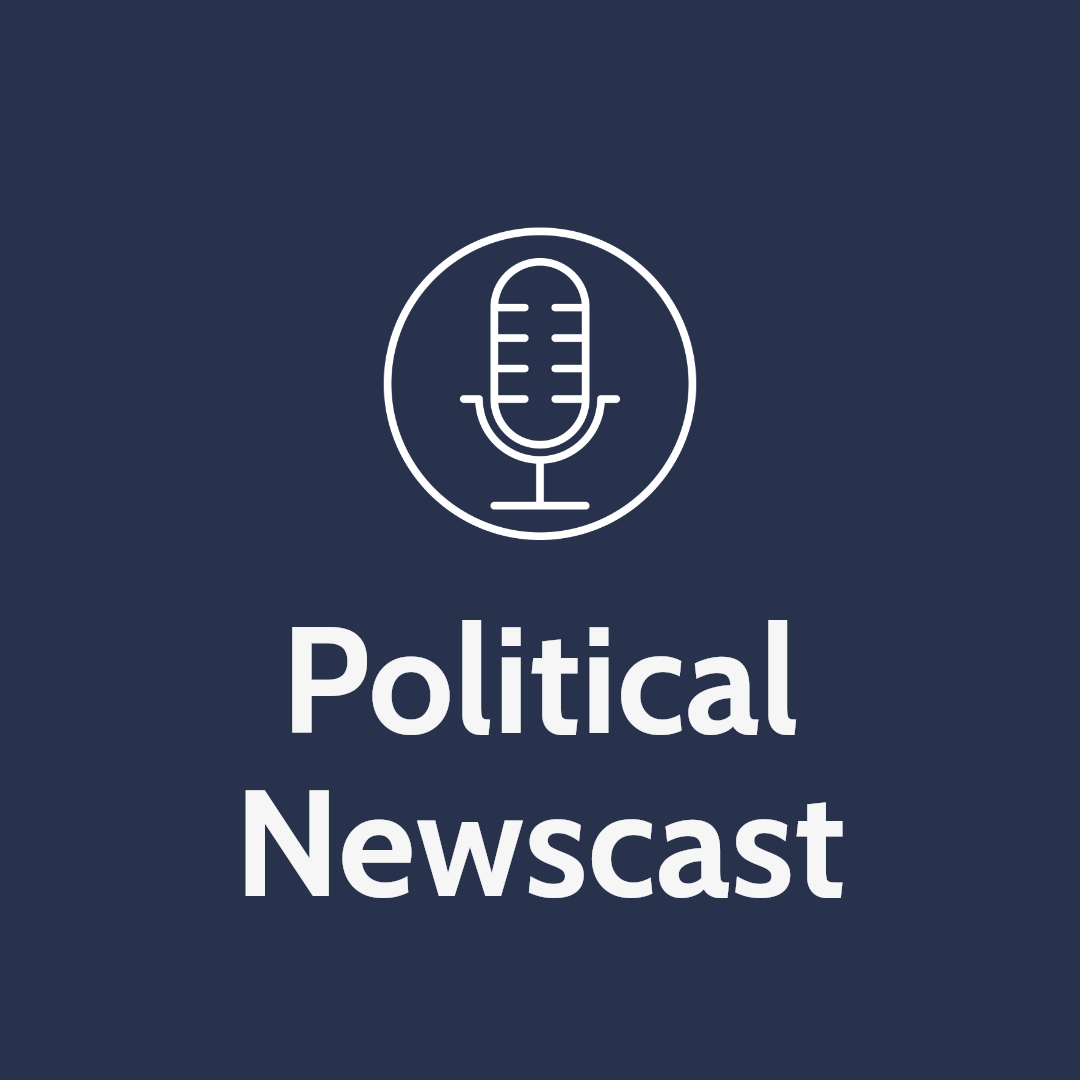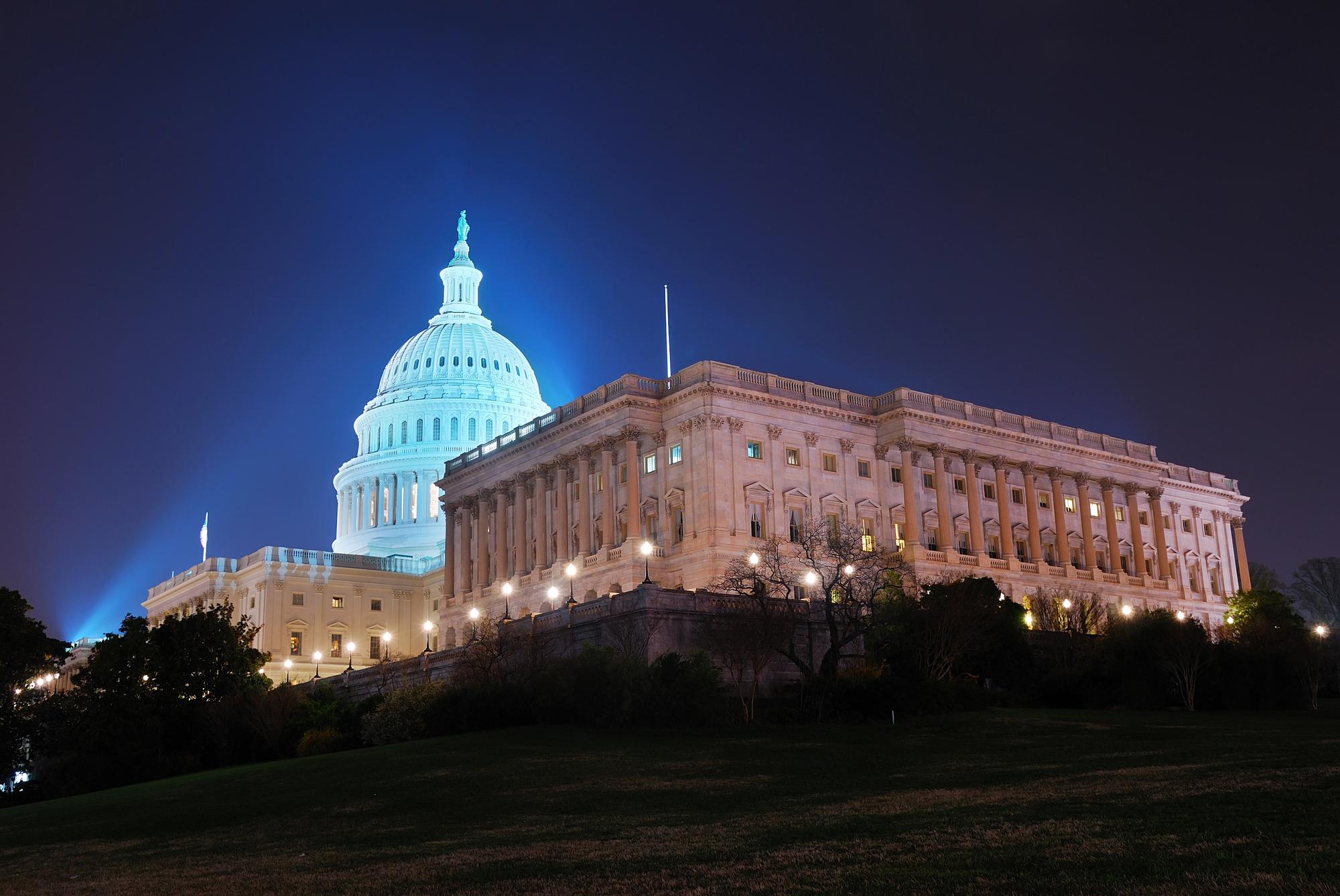In politics, a moderate occupies a centrist position on the liberal-conservative spectrum, avoiding extreme stances on various issues. Moderates often seek balanced solutions, willing to negotiate and find reasonable outcomes rather than adhere strictly to partisan ideologies. They may hold positions that blend both left and right viewpoints, evaluating each issue on its merits rather than following party lines.
Moderation in politics can be misunderstood as indecisiveness or lack of conviction. However, it typically represents a pragmatic approach that values compromise and stability over ideological purity. Political moderates might support certain progressive social policies while maintaining conservative fiscal views, or vice versa.
The moderate stance varies across different political systems and time periods. In American politics, moderates generally support the status quo and incremental change rather than radical transformation. They play an important role in bridging partisan divides, often becoming crucial swing voters in closely contested elections.
Defining Moderates in Politics
Moderates occupy a distinct position in the political spectrum, representing views that typically fall between liberal and conservative extremes. They often seek compromise and pragmatic solutions rather than adhering to strict ideological positions.
What Does It Mean To Be A Moderate?
Being a moderate in politics involves holding centrist views that don’t align neatly with either end of the liberal-conservative spectrum. Moderates frequently adopt positions from both sides of political divides, creating a mixed policy perspective that defies simple categorization.
Political moderates often reject extremism and radical approaches to governance. They prefer gradual, incremental changes over sweeping reforms.
Many moderates are willing to shift positions based on evidence and circumstances rather than rigid ideology. This flexibility sometimes leads critics to label them as “wishy-washy” or “flip-floppers.”
In American politics, moderates may hold conservative views on some issues (like fiscal policy) while maintaining liberal positions on others (such as social issues). This selective approach differentiates them from strict partisans on either side.
The Political Center Explained
The political center represents the middle ground between left and right ideologies. It’s not simply an averaging of extreme positions but a distinct political space with its own principles and approaches.
Centrism varies significantly across different political systems and cultures. What qualifies as “moderate” in one country might appear conservative or liberal in another context.
The center often emphasizes practical problem-solving over ideological purity. Centrists typically value stability, compromise, and incremental progress.
In the American context, the political center has shifted over time. Issues once considered controversial may become centrist positions as social attitudes evolve.
The center isn’t static – it responds to changing political climates and can move left or right depending on broader social trends. These shifts make precise definitions challenging.
Characteristics of Political Moderation
Political moderation is characterized by a commitment to reason and compromise. Moderates often demonstrate a willingness to work across party lines to achieve pragmatic outcomes.
Moderates typically reject absolutist thinking. They recognize that complex issues rarely have simple solutions and are comfortable with nuance and ambiguity.
A key trait of moderation is the principle of compassion combined with non-violence. Moderates generally favor dialogue over confrontation when addressing political differences.
Moderation often involves balancing competing values rather than prioritizing one above all others. This balancing act might include weighing individual freedoms against collective welfare or tradition against progress.
Moderates frequently display skepticism toward rapid, sweeping changes. They prefer approaches that allow for adjustment and correction based on real-world results.
History and Evolution of Moderation
Political moderation has deep historical roots dating back to ancient philosophy. The concept has evolved significantly over time, shaped by various political movements, key historical events, and influential figures who championed balanced approaches to governance.
Origins of Political Moderation in the U.S.
The foundations of American political moderation can be traced to the founding fathers, particularly James Madison, who advocated for a balanced government through checks and balances. The Federalist Papers frequently emphasized avoiding extremes in political thought. In the 19th century, moderation emerged as a response to radical abolitionism and pro-slavery factions.
After the Civil War, political moderation took shape as a distinct approach during the Progressive Era. Figures like Theodore Roosevelt pushed for reforms while maintaining certain traditional values. This early form of moderation focused on practical solutions rather than ideological purity.
The Great Depression and World War II further solidified moderate politics as Americans sought stability and pragmatic governance. By the mid-20th century, moderation had become a recognized political stance with its own identity and followers.
Major Shifts in Political Attitudes
The 1950s and 1960s saw moderation gain popularity with Eisenhower’s “Middle Way” philosophy. This approach balanced fiscal conservatism with acceptance of certain New Deal programs. Political scientists began formally studying moderate voters during this period, recognizing their growing importance in electoral politics.
The 1970s-1990s witnessed shifts as partisanship intensified. Moderates increasingly found themselves caught between hardening partisan lines. The Republican Party gradually moved away from its moderate wing, while Democrats experienced similar polarization.
By the early 2000s, Barack Obama’s rise initially seemed to signal a return to moderate governance. However, his presidency coincided with growing polarization. The Tea Party movement and later the Trump presidency further challenged traditional moderate positions, pushing both parties toward their ideological poles.
Notable Moderate Figures
John McCain embodied modern Republican moderation with his “maverick” approach to politics. Despite conservative positions on defense and spending, he crossed party lines on campaign finance reform and immigration. His 2008 presidential campaign highlighted his willingness to work across the aisle.
Charlie Baker, the Republican governor of Massachusetts, represents contemporary state-level moderation. His pragmatic governance in a blue state has focused on fiscal restraint while supporting progressive social policies. His high approval ratings demonstrate the potential appeal of moderate politics.
On the Democratic side, figures like Joe Manchin have maintained moderate positions despite pressure from progressives. These centrist politicians often wield significant power in closely divided legislatures. Throughout history, moderates have often served as crucial bridges between competing factions, though their influence has waxed and waned with political tides.
Moderates Within Political Parties
Political parties in the United States often contain diverse ideological wings, with moderates occupying the middle ground between the more extreme factions. These centrist members play crucial roles in policy negotiations and can determine legislative outcomes in closely divided governments.
Moderates in the Republican Party
The Republican Party has seen significant changes in its moderate wing over the past few decades. Once represented by figures like John McCain and Susan Collins, moderate Republicans typically favor fiscal conservatism while taking more centrist positions on social issues.
These members often face primary challenges from more conservative candidates, particularly in the post-Tea Party era. They may support traditional Republican positions on tax policy and national defense but diverge on issues like climate change, immigration, or healthcare.
In recent years, moderate Republicans have become less common in Congress. Those who remain frequently serve as swing votes on contentious legislation. Representatives like Lisa Murkowski and Mitt Romney have sometimes broken with party leadership on key votes.
Moderate Republicans typically find their strongest support in suburban districts and Northeastern states where voters tend to favor less ideological governance.
Moderates in the Democratic Party
Democratic moderates balance between progressive ambitions and practical governance. They typically support the party’s social justice aims but favor incremental approaches rather than transformative policy shifts.
Notable Democratic moderates in recent years include Joe Manchin, Kyrsten Sinema, and members of the Blue Dog Coalition. These politicians often represent swing states or districts where leftward positions might jeopardize their electoral viability.
On economic issues, moderate Democrats typically support business-friendly policies alongside social safety nets. They may favor expanding healthcare access but resist full single-payer systems.
Foreign policy presents another area where moderates differ from progressives, with centrists generally supporting more interventionist approaches and higher defense spending. These differences become particularly evident during budget negotiations and military authorization votes.
Independents and Their Role
Independent politicians often occupy the moderate space between parties, rejecting partisan labels while drawing from both ideological traditions. Figures like Bernie Sanders and Angus King serve as independents in Congress while caucusing with one major party.
These politicians can wield significant influence, especially in closely divided legislative bodies. Their votes become particularly valuable during tight procedural votes or when party discipline breaks down.
Many independents build political brands around pragmatism and problem-solving rather than ideological purity. They may criticize both parties for partisan extremism while positioning themselves as reasonable alternatives.
Voter registrations show growing numbers of Americans identifying as independents, though many still vote consistently for one party. True swing voters remain a smaller but important constituency that can determine election outcomes in competitive districts.
Core Issues and Beliefs of Moderates
Moderates in politics hold positions that seek balance between conservative and liberal ideologies, often prioritizing practical solutions over rigid party platforms. They typically value compromise and reject extremism on both ends of the political spectrum.
Stance on Economic Development
Moderates generally support a mixed economic approach that combines elements of free market principles with targeted government intervention. They often favor fiscal responsibility while acknowledging the need for some social safety nets and public investments. Many moderate politicians advocate for tax policies that maintain economic growth without extreme cuts or increases.
Moderates tend to support business-friendly regulations that protect consumers without stifling innovation or economic growth. They frequently back infrastructure spending as a way to create jobs and boost economic development.
In times of economic crisis, moderates may accept temporary increases in government spending but typically want clear plans for debt reduction afterward. They often seek evidence-based economic policies rather than those driven solely by ideology.
Views on Social Policies
On social issues, moderates typically avoid extreme positions and favor incremental change over radical transformation. Regarding abortion rights, many moderates support legal access with certain limitations rather than absolute positions on either side. They often acknowledge the moral complexity of the issue while seeking pragmatic solutions.
On immigration, moderates frequently support border security measures alongside pathways to legal status for undocumented immigrants who meet specific criteria. They reject both open borders and mass deportation approaches as impractical.
Moderates typically support civil rights protections while being cautious about rapid social change. They may back same-sex marriage rights while also respecting religious freedom concerns within reasonable boundaries.
On gun policies, many moderates favor background checks and some restrictions without supporting comprehensive bans. They aim to balance individual rights with public safety considerations.
Influence of Moderates in Contemporary Politics
Moderates play a crucial role in shaping political outcomes despite often being overshadowed in polarized environments. They serve as political bridges between opposing viewpoints and can determine election results in closely contested races.
Finding Common Ground
Moderates in politics frequently work across party lines to achieve practical solutions. Research shows they are less driven by party loyalty and more influenced by specific policy positions and candidate qualities. This independence allows them to evaluate issues on their merits rather than through partisan lenses.
In legislative bodies, moderate politicians often form bipartisan groups to break gridlock on contentious issues. The Problem Solvers Caucus in the U.S. Congress represents this approach, bringing together representatives from both major parties.
Moderate voters, representing a significant portion of the electorate, can swing elections. They tend to consider policy positions beyond party affiliations, making them valuable targets during campaigns.
Political systems, however, frequently diminish moderates’ influence. As one search result notes, “Our political system is structured in ways that mute moderates’ voices and block access to the middle of the road.”
Moderates in International Relations
In global politics, moderate leaders and nations often serve as mediators in international conflicts. They build bridges between opposing sides and advocate for balanced diplomatic solutions over extreme positions.
Organizations like NATO benefit from moderate member states that help find consensus on security challenges. These countries typically favor multilateral approaches and diplomatic solutions before military action.
Moderate politicians in international forums typically push for pragmatic policies addressing climate change, trade, and human rights. They reject both isolationism and aggressive interventionism.
The decline of political centrism in many countries poses challenges for international cooperation. When domestic politics become highly polarized, finding consistent foreign policy positions becomes difficult.
This trend affects global governance institutions that depend on compromise and mutual agreement to function effectively. The most productive international relationships often emerge when moderate voices from different nations find points of agreement on shared challenges.





